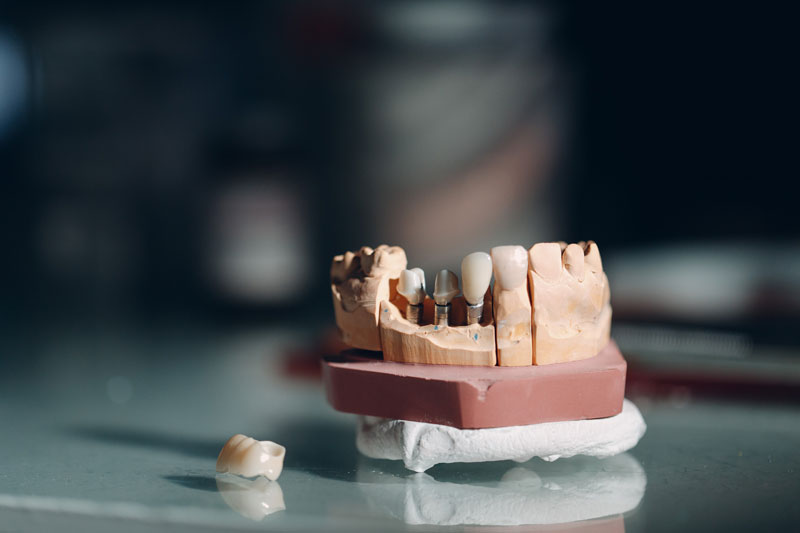Living with missing teeth is miserable, and many people find dental implants in Ajax a sound, long-term solution. Before you investigate this option, it’s helpful to gain an overview of who an ideal candidate is and which factors a dental implant dentist considers when you first see them for an initial consultation.
Dental Examination
We must assess your oral health thoroughly. We will most likely wish to take digital dental X-rays, and if you are interested in treatment, you will need a cone beam CT scan. While dental X-rays produce high-quality 2-D images of your jaws and any existing teeth, cone beam CT scans are invaluable because they produce 3-D images. These images allow us to consider your oral health more closely, particularly your jawbone density.
Good oral health is essential. It would be best if you didn’t have any signs of gum disease or untreated tooth decay. If these problems are present, we must treat them first. Ensuring you have a healthy mouth before dental implant treatment in Oshawa helps provide a better and more predictable treatment outcome.
Reasonable General Health
It is best to bring a list of all medications with you to your appointment and to let us know about any general health conditions that could affect this treatment. For example, these may include diabetes and any autoimmune conditions. These won’t necessarily mean you are unsuitable for treatment, as people with well-controlled diabetes can generally have dental implants in Pickering. However, we may need to take a different treatment approach and liaise with other medical professionals to ensure treatment is safe and appropriate and achieves good results.
Your jawbone density is critical, so we need that cone beam CT scan to quantify the jawbone available for implants. A strong and healthy jawbone needs to support dental implants to hold them firmly in place. Over time, implants become fused in the jawbone, making them solid and stable, but they do need a specific amount of bone for this fusion, called Osseointegration, to occur successfully.
The Condition of Your Natural Teeth
If you have damaged natural teeth, our first reaction will be to try to save them. Sometimes, natural teeth in Brooklin can be saved with modern therapeutic techniques like root canal therapy to treat a severe infection and dental crowns to cover badly damaged teeth. Otherwise, we can discuss suitable implant options if these teeth cannot be saved.
What Are the Possible Dental Implant Options Available?
Dental implant treatment in Newcastle is versatile. We can use this procedure to replace a single missing tooth, multiple missing teeth, or complete arches. Restorations can include single dental implant crowns, implant bridges, and implant-supported dentures.
Implant crowns and bridges in Clarington are non-removable, so once our implant dentist fits them, they remain permanently in your mouth. An implant-supported denture is a removable prosthesis. It clips firmly onto dental implants inserted into your jawbone, but you can remove it easily for cleaning.
If you only need to replace a single tooth, then your choice is simple: an implant crown will look and feel like a natural tooth. An implant bridge can replace several missing teeth initially side-by-side, or you can choose to have a full-arch bridge. An implant-supported denture in Courtice is usually used to replace an entire arch of teeth instead of having a conventional complete denture.


